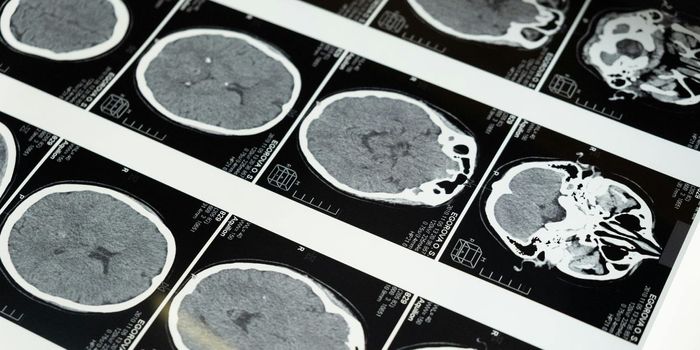Does Your Gut Bacteria Influence Your Personality?
A researcher from Oxford University, UK, has found that certain gut bacteria may be able to influence our personality traits via the microbiome-gut-brain axis.
For the study, Dr. Katerina Johnson, of Oxford University’s Department of Experimental Psychology, collected stool samples from 655 people with an average age of 42, of whom 71% were female and 29% male. To understand the bacterial composition of each stool sample, and thus that of each person’s microbiome, she used 16S rRNA gene sequencing analysis, an accurate and convenient method to classify and identify prokaryotes (organisms without a nucleus).
Meanwhile, she also gave each participant a questionnaire to fill in to understand aspects of their behavior, health, lifestyle choices and sociodemographic factors. After collecting this data, together with her analysis of each person’s microbiome, Johnson then carried out a series of statistical analyses to determine the relationship between the bacterial composition of each fecal sample, and behavioral traits including sociability and neuroticism.
In the end, she found adults who were fed formula-milk as infants tended to have less diverse microbes than those fed more diverse diets. She also found that those on dairy-free diets also tended to have lower bacterial diversity in their microbiomes, and that a greater diversity was correlated with diets higher in natural sources of probiotics (such as sauerkraut and fermented cheese).
Behaviorally speaking however, she found that many kinds of bacteria previously associated with autism were also found in the general population, and that they generally inferred differences in social capabilities. Johnson said, “This suggests that the gut microbiome may contribute not only to the extreme behavioural traits seen in autism but also to variation in social behaviour in the general population. However, since this is a cross-sectional study, future research may benefit from directly investigating the potential effect these bacteria may have on behaviour, which may help inform the development of new therapies for autism and depression.”
More than this, she found that people with larger social circles also tended to have more diverse microbiomes, something commonly linked to better general health. Meanwhile, those who experienced more stress or anxiety tended to have less bacterial diversity in their microbiomes. Johnson continued, “This is the first study to find a link between sociability and microbiome diversity in humans and follows on from similar findings in primates which have shown that social interactions can promote gut microbiome diversity. This result suggests the same may also be true in human populations.”
Sources: Oxford University, Science Direct and Medical News Today









